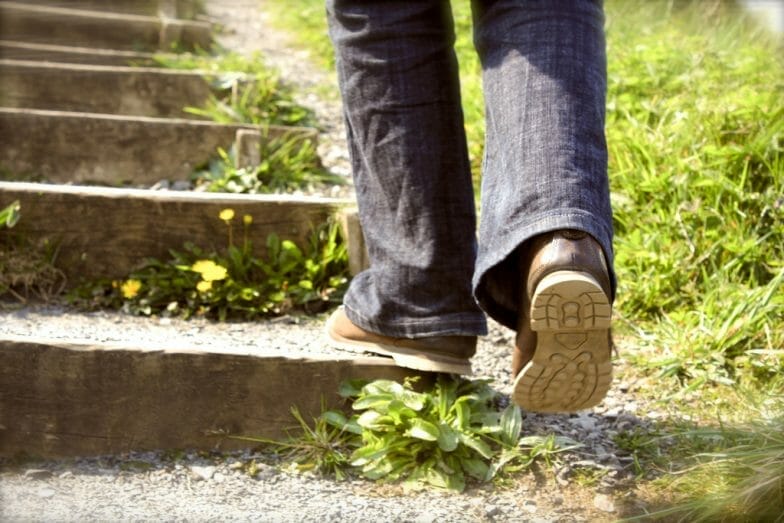There are 12 steps, and for every step, there is a principle. The principle behind Step One is Honesty, and when we take a closer look at this step, it just makes sense: the first step asks us to take an honest look at our lives and tell the truth. For many starting out in recovery, this may be the first time in forever that they have actually done so.
The thing about Step 1 is, it only can be complete if we admit to our innermost selves, rather than to any other, that we are powerless over our drug of choice and that our lives have become unmanageable. Many of us were used to lying or omitting key facts about our lives where others were concerned: we have invented excuses for tardiness, explained away drained bank accounts, cast blame on others, denied wrongdoing. We may even have learned to fool ourselves to some degree. But in the end, self-honesty had to win out. When we could look at the man or woman in the mirror and admit that we had lost control over our addiction, and that our lives were suffering as a result, we had truly taken Step 1.
Honesty really is the best policy
Depending on our upbringing and values, we may have learned to avoid being completely honest long before addiction took over our lives. When honesty brought nothing but misery and punishment, we learned to lie. When we were exhorted to take control of our lives, do it right the first time, succeed at whatever we put our minds to, it became harder and harder to admit to mistakes and to not having all the answers. It was very lonely, trying to keep track of the endless lies and pretending that we really could juggle our responsibilities plus a burgeoning addiction that had its own demands, but try we did, until things got so bad we couldn’t pretend anymore.
With honesty came the humility of admitting we needed help. These twin attitudes of honesty and humility in recovery helped us achieve great things we did not at first believe possible. Some of the benefits of remaining honest and humble in recovery include:
- Being able to ask questions again without fear of looking stupid – meaning we could actually learn new things, and become teachable
- Being able to get much needed support when things were not going well, instead of trying to fight addiction alone
- Admitting to personal problems, which invites needed help, rather than suffering in silence
- Feeling so much lighter now that it’s no longer necessary to keep secrets and lead a double life
- Instead of putting limits and rules in place for ourselves where substance abuse was concerned (like no drinks before 5 pm or setting a spending limit on using), then feeling the shame, guilt and self-loathing of breaking these rules again and again, we can finally be honest that there is no way for us to use safely
- No more wasted time reminiscing about the ‘good old days’; an honest appraisal can clearly show those days to not be as good as we once fantasized about
- Ability to examine our lives honestly, see where we went wrong, and also see what still needs to change both within us and in our surroundings
- Ability to see things clearly and learn from experience rather than the hard way.
At first, such a degree of honesty may seem impossible, but by persisting in the recovery process and working the steps, our ability to be honest with self and others will only grow until it forms the foundation of our healthy, satisfying, lasting recovery.

